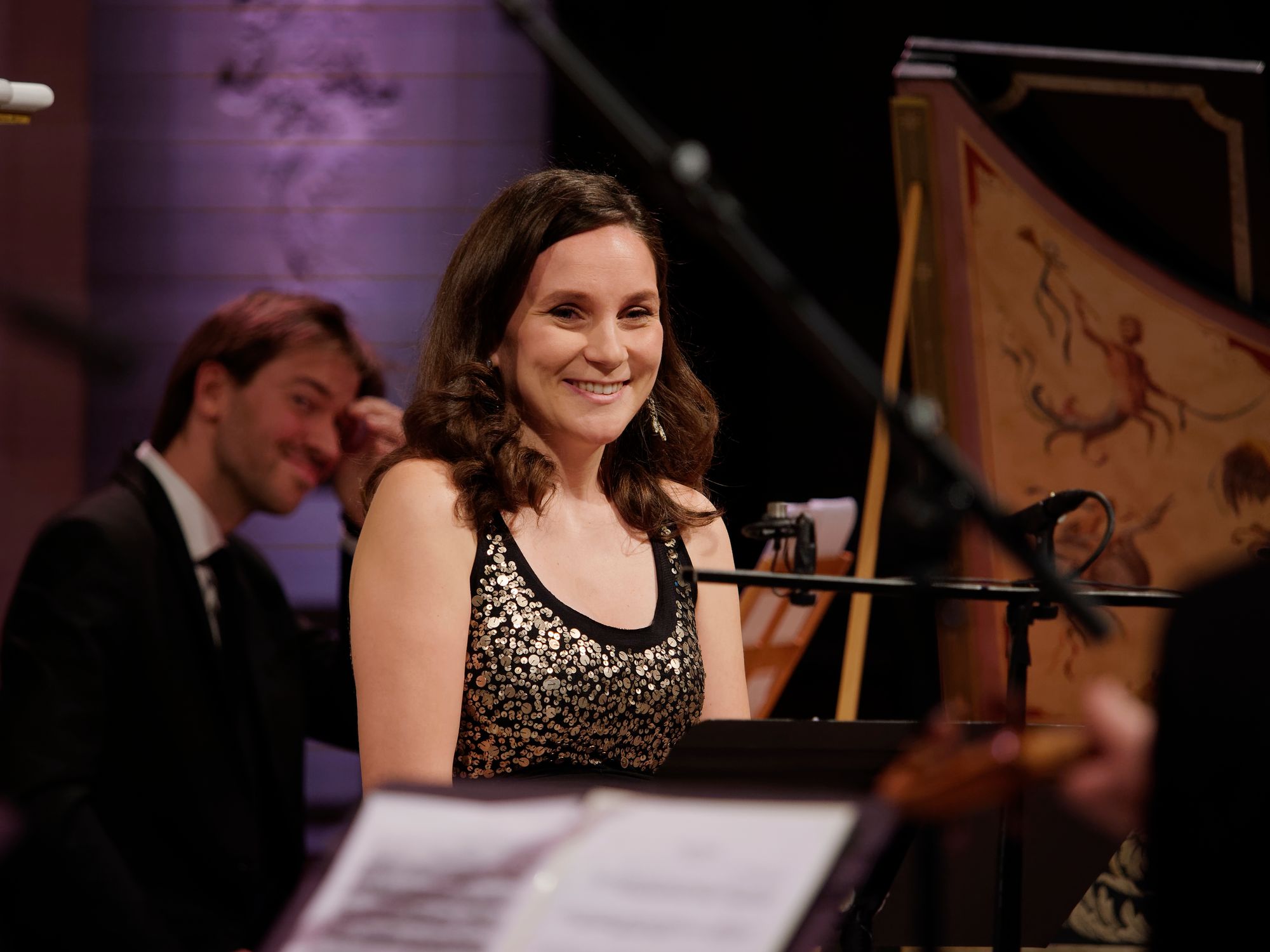Handel Organ Concertos & Vocal Works: Château de Versailles Spectacles
It is certainly to be hoped that these bejewelled performances make this music many friends

Of all Handel's output, the Organ Concertos seem unjustly neglected. These performances, with Gaétan Jarry performing and directing the Ensemble Marguerite Louise, may well go some way to recitify that situation, moxing them with vocal works performed by the astonishing Chiara Skerath.
Here's the promotional video for the disc:
The concertos can be identified by their HWV (Handel Werk Verzeichnis) numbers or by opus number: Handel published them in two sets, Op. 4 (HWV 289-94) and Op. 7 (HWV 308-11).
The sheer vigour of the first movement of HWV 292 (Op. 4/4) in F-Major is balanced by what Éric Lebrun in his booklet notes refers to the "sublime aria" of the Andante; here grace meets timelessness in a performance of stunning beauty, itself prolonged by the D-Minor Adagio before the finale presents a celebration of counterpoint in the way that only Handel can (sorry, JSB ...).
The Organ Concertos are interspersed with two vocal works performed by Chiara Skerath, who has impressed on multiple occasions (most recently on the Insula/Laurence Equilbey recording of Mozart';s Lucio Silla, where she sings the role of Lucio Cinna). Here, the Salve Regina, HWV 241. This really is the most amazing music, the second movement (Ad te clamamus, exsules fili Evae) of astonishing power. The next movement begins like a passage from an organ concerto, which sounds perfect in the context of the disc. Skerath is as impressive as ever, whether in the rapid passagework or in the profound emotions of the final "O clemens, O pia, O dulcis Virgo Maria" (O clement, O loving, O sweet Virgin Mary).

Fascinating how the first movement of the Organ Concero in D minor, Op. 4/7 (HWV 309) emerges as a prolngation of the emotion of the final movement of the Salve Regina, its sonoroties deepened by the use of a pair of bassoons. First performed as part of the premiere of the Ocassional Oratorio, HWv 52, the second movement is a borrowing from Telemann's Tafelmusik, while the 3/8 finale reminds us of Handelian joy - and includes some lovely decorations from Jarry!.
The Saeviat tellus (Saeviat tellus inter rigores, HWV 240 - Though the earthdrages with harshness) is a virtuoso piece, with Skerath's soprano agile and astonishingly dramatic - she takes risks, which pay off in spades. This is a piece of huge contrasts: from that fabulous first movement Handel travels to the most interior regions in the simply ravishing Adagissimo third movement, which could easily be an aria from one of his operas: "O nox dulcis" (O sweet night). This is Skerath and Jarry at their very finest: heart-stoppingly radiant and touching. The final Allelluia, taken at a proper Presto, needs to be heard to be believed - surely the excitement generated is just what Handelian virtuosity is all about!
The disc closes with the Organ Concerto in G minor, Op. 4/1, first performd as part of Handel's great Alexander's Feast, HWv 75 (a wonderful piece - I wonder why tehre are so few performances of that one as well?). The concerto itself is of infectious spirit in its second movement particularly (an Allegro), while the gallant finale, with its glittering organ, is the perfect close to the disc.
It is certainly to be hoped that these bejewelled performances make this music many friends.
To give a further idea of the sound and impeccable musical expertise of the Ensemble Marguerite Louise, here's a performance of some Marc-Antoine Charpentier:
... and in the absence of a Spotify link for the present release, I've included a link to Jarry's disc of Marc-Antoine Charpenier Motets pour une princesse.
Handel Jarry AMAZON